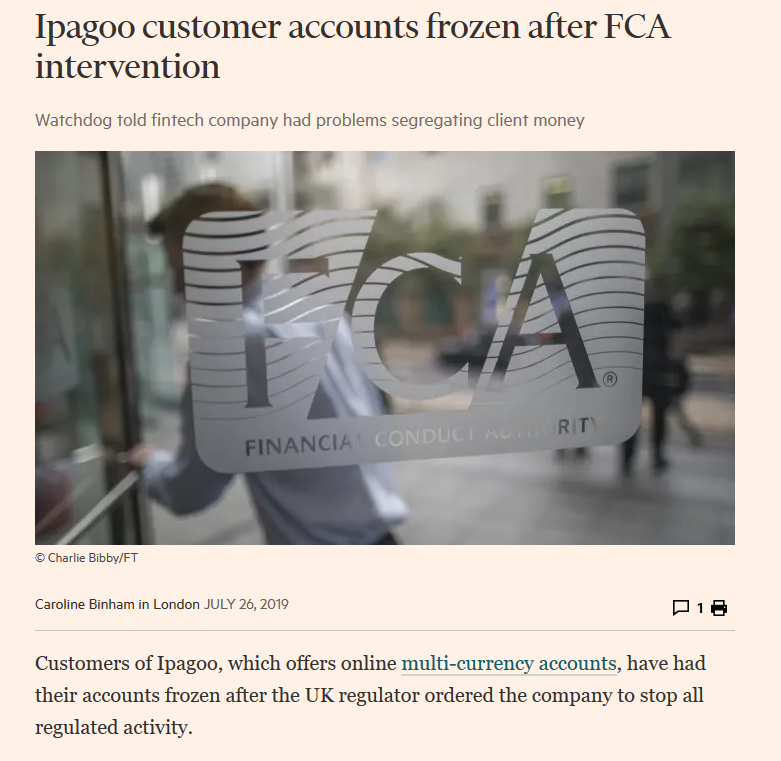
Published on 22 August 2019
We have recently blogged about NPA and Pay.UK’s loose governance procedures generally, but we need to focus in on the case of IPagoo/Orwell, and its implications for New Payments Architecture (“NPA”), and whether NPA is soundly based.
NPA is essentially the brainchild of Orwell’s CEO and CTO.
Orwell’s CEO was a full member of the Payment Strategy Forum (“PSF”), and initially chaired – and later only controlled – the Horizon Scanning Working Group, leading to the announcement in that group’s initial triage report that “an overwhelming high number of detriments could be solved with a mixture of these technologies and concepts”, the “detriments” being the problems listed in the PSF industry event in late 2015:

This was followed up by the outline[1] and detailed[2] reports, the former summarising the long-term plan: “a proposal to develop a new, simplified scheme platform – using new technologies and based on a “push” payment scheme and open messaging standards – and eventually to “fold” existing schemes into this new platform as overlay services”.
So began NPA, and the CEO in question worked then on Horizon Scanning/NPA in Phases 1 and 2 of the PSF, and in tandem with a gentleman from Lloyds Bank. This gentleman joined Orwell as CTO, demonstrating that the Horizon Scanning process and genesis of NPA was the work of one organisation.
NPA is largely an Orwell concept, based on the CEO’s frequently-expounded vision for the future of payments, turning on the divorce of payment services from credit services. Under this vision payments are pre-funded “push” payments. Where credit is needed – such as to ensure a user’s right-of-refund under direct debits – it has to be done within an “overlay” service, where clearing and settlement nevertheless occurs via a “push” payments.
So far it is an unproven concept that “pull” payments incorporating significant user-protecting features can be transmuted into “push” payments without compromising those features.
This is what NPA is based on, though, and it does not bode well that Orwell has failed to realise its vision in its own case, having spent upwards of £50 million over a 4 year period. Orwell had already been cut off from CHAPS, BACS and Faster Payments before going into receivership (reported in the Financial Times on 26th July), had been subject to a negative review by the FCA on its safeguarding procedures, and had been told not to take on new business.
Can we be certain that NPA is a concept that is soundly
based?
[1] PSF14042016 – (3a) Horizon Scanning WG Report_0
[2] PSF14042016 – (3c) Horizon Scanning WG Detailed Report PSF14042016
